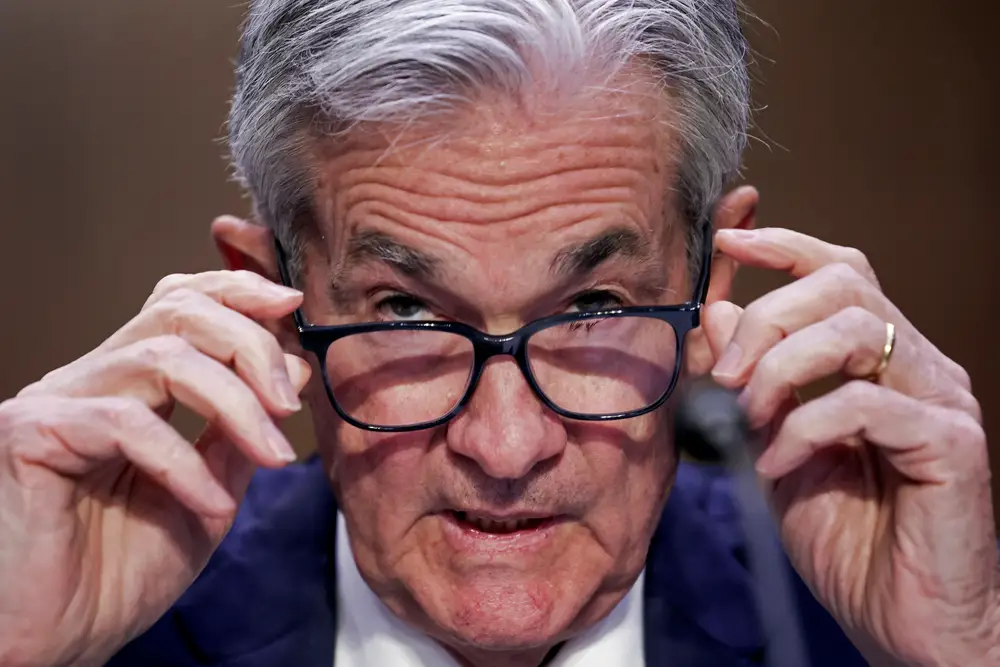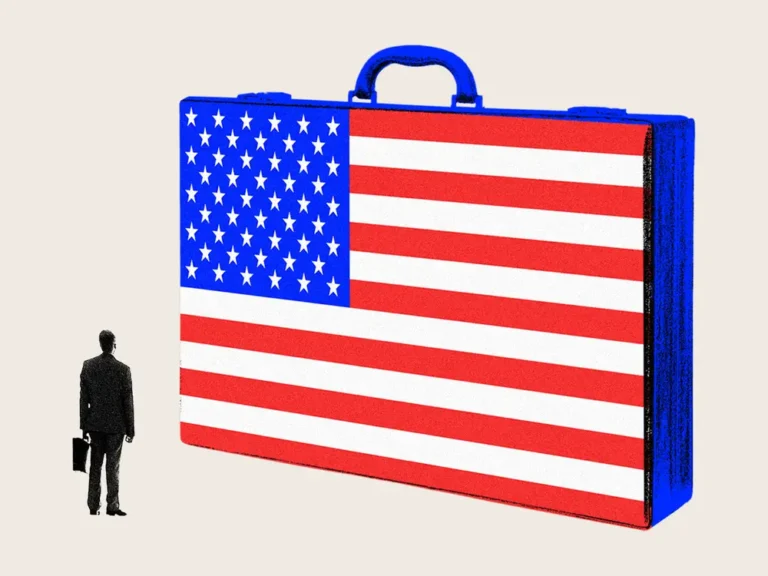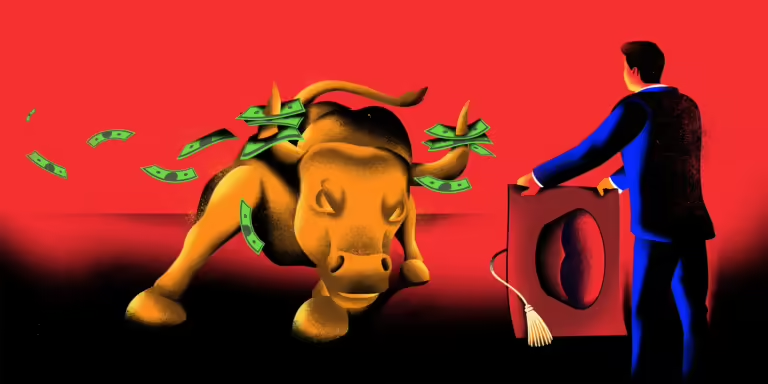The Fed is done cutting rates this year as the ‘phantom recession’ is finally dead, market vet says

The Federal Reserve issued its first rate cut in four years just last month, but it might already be done for the rest of 2024, according to market veteran Ed Yardeni.
The Yardeni Research president said he believed the central bank was about to shift to a “none-and-done” rate-cutting policy, proclaiming that “the widely feared phantom recession is over.”
That’s because the steller September jobs report nixed any lingering fears of a recession — and that suggests there’s no reason to cut rates any further until 2025, he said in a note to clients on Monday.
“September’s strong employment report and upward revisions in July and August murdered the hard-landing scenario,” Yardeni wrote. “Tragically, it was a very hard landing for the diehard hard-landers. May they rest in peace.”
That economy added way more jobs than expected last month, with 254,000 payrolls reported in September, according to the Bureau of Labor Statistics. Meanwhile, job gains were revised upward for July and August.
A slew of other data points also suggest the US economy remains strong even after two years of steadily rising interest rates.
The Services Purchasing Managers Index, one measure of the strength of the services side of the economy, expanded for the third straight month in September, according to the Institution of Supply Management.
Meanwhile, inflation is only slightly above the Fed’s 2% target, with businesses expecting price growth to ease to 2.1% in the next year, according to a survey from the Atlanta Fed.
Economic growth is also robust, with GDP growing by 3% last quarter.
“In any event, the notion that the lagged effects of the tightening of monetary policy will cause a consumer-led recession is dead, in our opinion. The no-show Fed-triggered recession will remain a no-show, especially now that the Fed has started to lower the FFR even though it isn’t warranted by the performance of the economy,” Yardeni wrote
Yardeni said no near-term rate cuts aren’t necessarily bad news for stocks. Corporate earnings have been strengthening, with the S&P 500 posting its fifth straight quarter of year-over-year earnings growth in the second quarter, FactSet data shows.
“I think interest rates stay here. I think it broadens out from the Magnificent Seven to the S&P 493,” Yardeni added, speaking to Bloomberg on Monday. “We’re going to have another quarter where I think earnings will go to a record-high in the third quarter.”
Yardeni’s firm still believes there’s a slim possibility of a recession, pegging a 20% chance that the economy could slip into 1970s-style downturn. Yet, that outcome depends on whether conflict in the Middle East deepens, which could cause oil prices to spike even more.
Despite geopolitical tensions and uncertainty regarding the presidential election, most investors are feeling optimistic on the outlook for stocks ahead. Nearly half of investors —46%— said they’re bullish on stocks over the next six months, according to the AAII’s latest Investor Sentiment Survey.
Yardeni, meanwhile, is predicting monster gains for the S&P 500 through the end of the decade and has called for the benchmark index to hit 8,000 by 2030.






